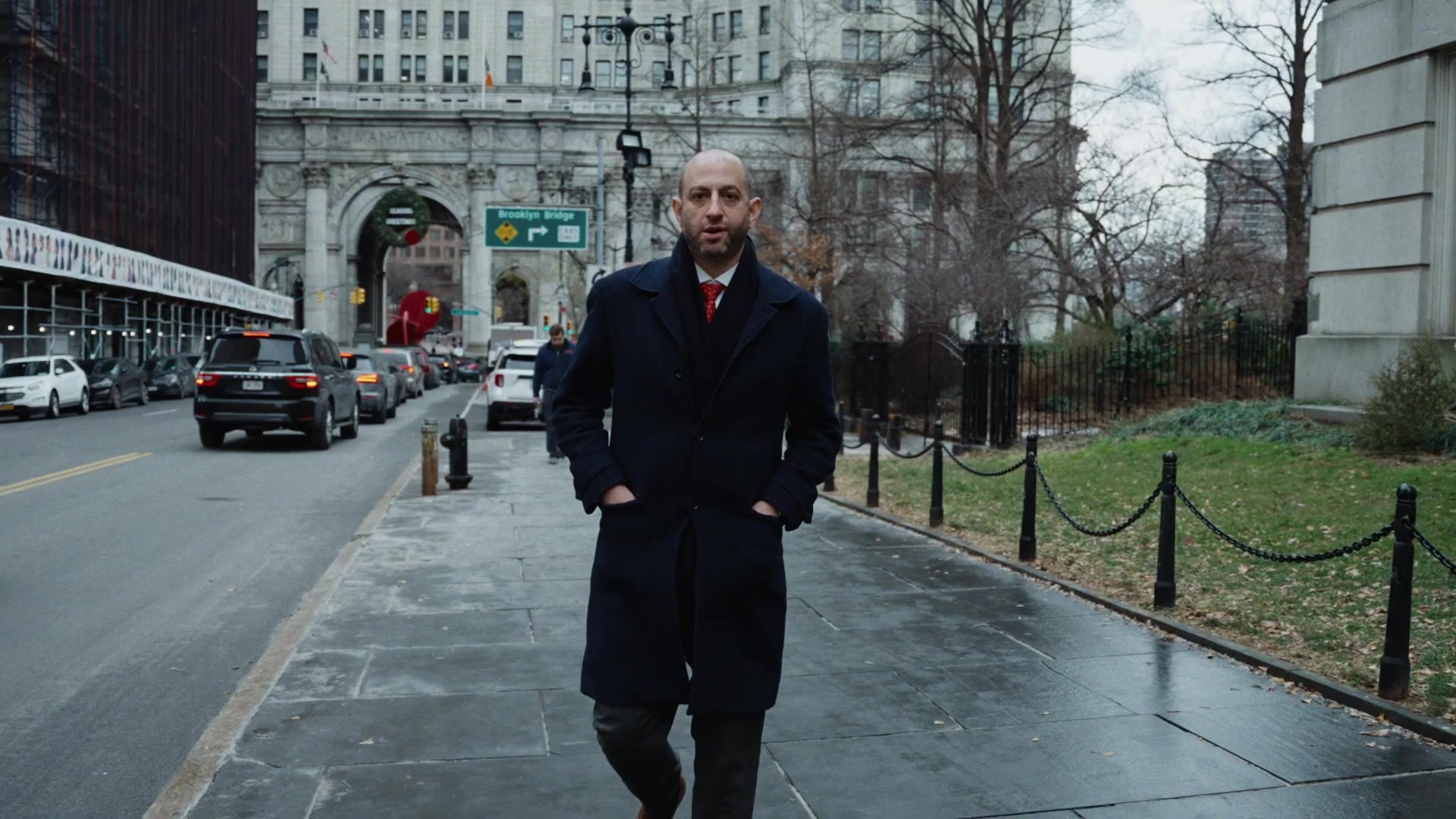Driving While Intoxicated in New York (VTL 1192.3) - A Simple Explanation
Getting arrested for driving while intoxicated (DWI) in New York can be scary. But what exactly does it mean to be charged with DWI under Vehicle and Traffic Law 1192.3? This article will break down the law in simple terms, covering what constitutes DWI, potential penalties, and ways you may be able to fight the charges.What is DWI in New York?
Under VTL 1192.3, it is illegal to operate a motor vehicle while you are in an “intoxicated condition.” This means:- Your ability to drive is impaired by alcohol or drugs
- Your blood alcohol content (BAC) is .08% or higher (for drivers over 21)
Penalties for DWI Convictions
A DWI conviction in New York can potentially lead to:- Jail time - up to 1 year
- Fines - $500 to $1,000
- License suspension - minimum 6 months
- Ignition interlock device required
- 5 points on your license
- Higher insurance rates
Fighting DWI Charges
Since the penalties for a DWI conviction can be severe, it's important to fight the charges with an experienced New York DWI defense lawyer. Some ways a lawyer may get your charges reduced or dismissed include:- Invalid traffic stop - If you were pulled over without probable cause, evidence may be suppressed
- Faulty chemical test - Errors in administering breathalyzer or blood tests can invalidate results
- No proof of "intoxication" - Challenge whether your driving ability was truly impaired
- Medical conditions - Certain conditions like diabetes mimic signs of intoxication
15,000+
Federal Cases Filed Annually
90%
Plea Before Trial
New York's "Driving While Ability Impaired" Law
New York also has a DWAI law (VTL 1192.1) that is similar to DWI but less severe. DWAI involves driving after consuming alcohol that impairs driving ability, but not necessarily to the "intoxicated" level of DWI. It has lighter penalties than DWI.Underage "Zero Tolerance" DWI Laws
Drivers under 21 face even stricter DWI laws in New York. Just .02% BAC - essentially any detectable alcohol - leads to a DWI charge. And if you refuse a chemical test, you face a 1 year license suspension even if not convicted of DWI.New York's "Aggravated DWI" Law
If your BAC is .18% or higher, you can be charged with the more serious Aggravated DWI under VTL 1192.2-a. This carries harsher penalties than a standard DWI charge.Frequently Asked Questions
What should I do if pulled over on a DWI suspicion?
Politely refuse to answer questions or perform field sobriety tests. Say you wish to speak to an attorney first. Do not resist arrest if taken into custody.Can my license be suspended before I'm convicted of DWI?
Yes, if you refuse a chemical BAC test, your license can be suspended immediately prior to any conviction.Should I plead guilty and take a plea bargain?
Not necessarily - talk to a lawyer first about options. Pleading guilty results in a permanent criminal record.What if I was prescribed medication that impaired my driving?

Defense Team Spotlight
Todd Spodek
Lead Attorney & Founder
Featured on Netflix’s “Inventing Anna,” Todd brings decades of experience defending clients in complex criminal cases.
Can I get my DWI charges reduced to DWAI?
Potentially yes, through plea negotiations with the prosecutor. DWAI is a traffic infraction rather than a criminal offense.The Bottom Line
Being arrested for DWI is scary, but experienced legal representation can help minimize the consequences. An attorney may be able to get charges reduced or dismissed based on issues with evidence or procedural errors. Don't hesitate to call a lawyer if facing DWI charges in New York.Citations
[1] https://criminaldefense.1800nynylaw.com/new-york-vehicle-and-traffic-law-1192-3-driving-while-intoxicate.html [2] https://www.tilemlawfirm.com/new-york-vehicle-1192-3-driving-while-intoxicated.html [3] https://law.justia.com/codes/new-york/2022/vat/title-7/article-31/1192/ [4] https://ypdcrime.com/vt/article31.php [5] https://www.new-york-lawyers.org/driving-while-ability-impaired-by-drugs.html [6] https://www.nycourts.gov/judges/cji/3-VTL/VTL_1192/1192%283%29.pdfFrequently Asked Questions
No. You have the right to remain silent and the right to an attorney. Invoke both rights immediately and contact Spodek Law Group.
Every case is different. We offer free initial consultations to evaluate your case and discuss our fee structure.
An arraignment is your first court appearance where charges are formally read. You enter a plea and bail may be set. Having an attorney present is critical.








